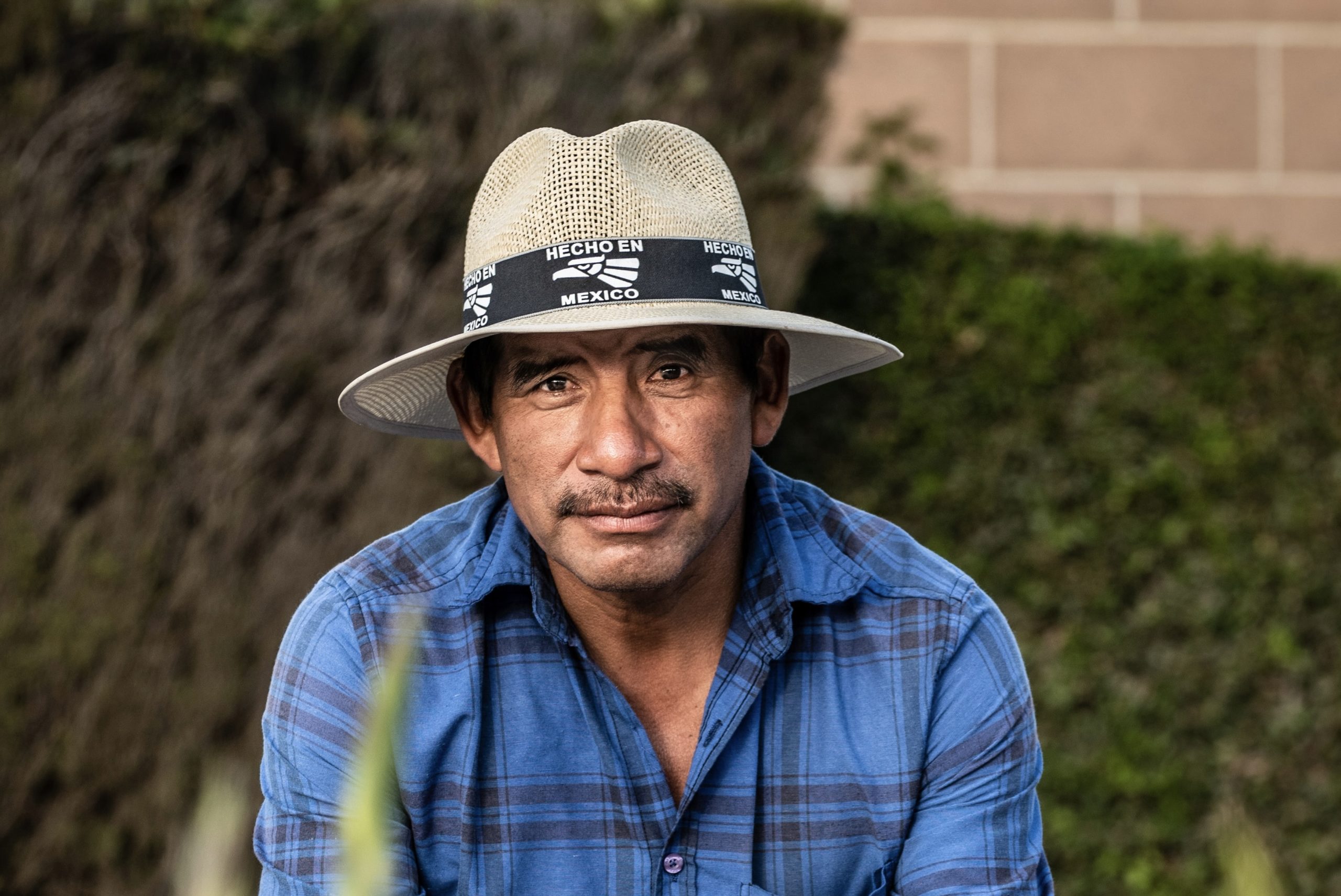Social justice is a provocative term. It is celebrated by some—and even spiritualized—as the battle of our time. In the eyes of many of these advocates, our purpose here on Earth is to eradicate the injustices that plague our society and empower the poor, weak, and oppressed.
These are noble goals, but others worry that this movement has gone astray. In Christian circles, the “social justice gospel” has emerged—a form of secular humanism that places all emphasis on overcoming societal injustice, while ignoring the battle between good and evil that takes place in each human heart. Freeing the oppressed and empowering the poor are good things, but of what worth are they without personal transformation?
Others dislike the term for different reasons. AEI’s Jonah Goldberg rejects social justice because of it’s vague meaning. He describes it as “code for good things no one needs to argue for and no one dare be against.” And because social justice often means redistribution by the state and restriction of freedom, it is a way to advance a progressive agenda without argument.
However, regardless of your opinion about the term social justice, we can all agree that we have a responsibility to care for the vulnerable. A common goal. Isn’t that where all of our discussions about politics and society should start?
That’s exactly where this recent conversation, between Jim Wallis of Sojourners and Arthur Brooks of AEI, began:



